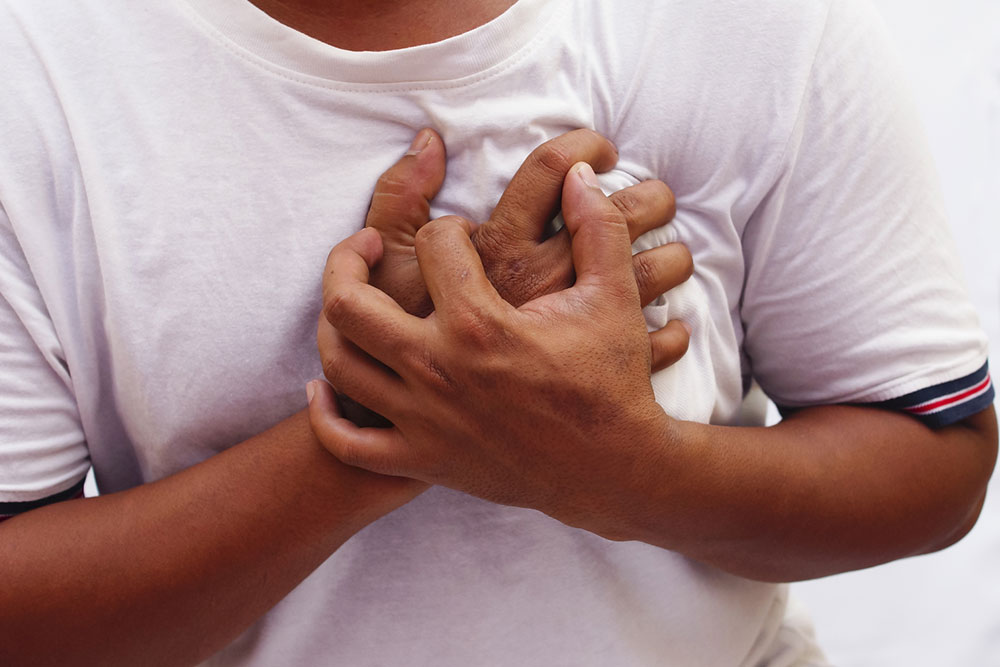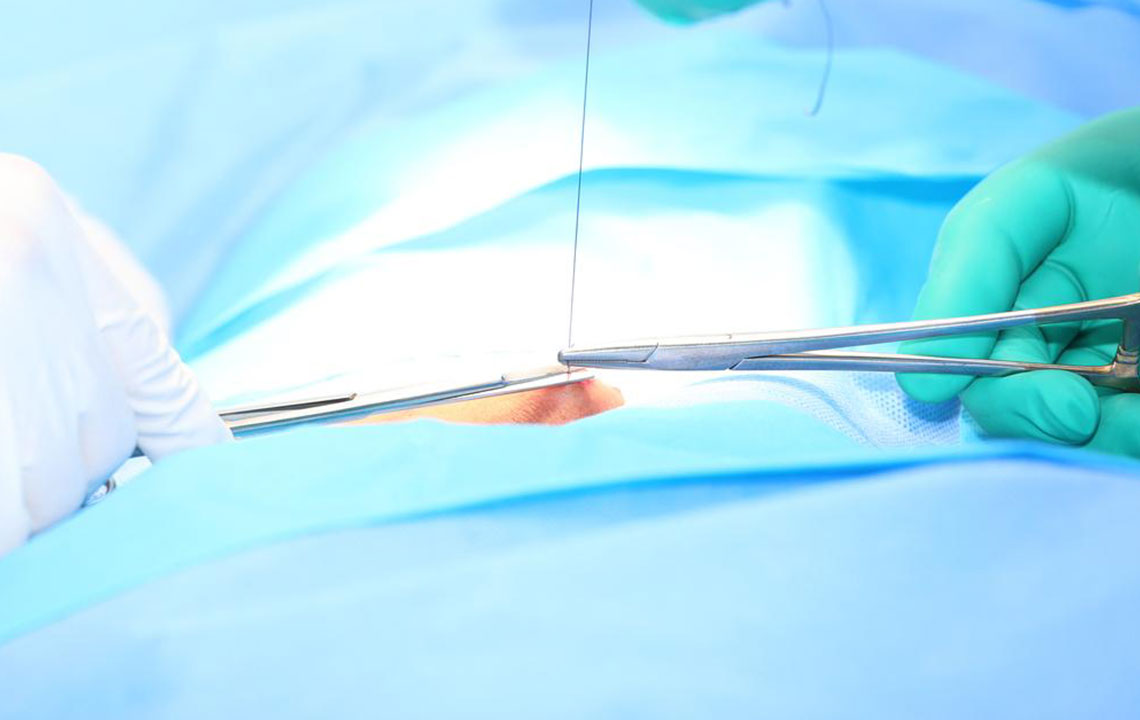Top Reasons for Chest Discomfort and Stabbing Pain
Chest pain and tightness can result from various health issues, ranging from minor conditions to emergencies like heart attacks or lung problems. Prompt medical attention is crucial when experiencing severe or persistent symptoms. Understanding potential causes such as angina, heart attack, pneumonia, asthma, or GERD helps in timely diagnosis and treatment. Always seek professional healthcare advice for chest discomfort to ensure proper management and avoid serious complications.

Common Causes of Chest Discomfort and Sharp Pain
Experiencing chest discomfort or sharp pain is quite common and can stem from multiple health issues. While some causes are minor, others require immediate medical attention, especially when related to heart health. Chest symptoms should never be ignored, as they may signal serious conditions. Here are some of the primary reasons behind chest pain and tightness:
Angina: A condition where chest pressure occurs due to reduced blood flow to the heart, feeling like a squeezing or tight sensation. Dizziness and pain radiating to other areas are common symptoms.
Angina closely resembles a heart attack but typically does not cause lasting damage. Immediate consultation with a healthcare professional is recommended upon symptoms.
Heart Attack: Sudden, intense chest pain, often sharp, accompanied by a feeling of pressure or tightness. It may be associated with symptoms like shortness of breath, nausea, cold sweat, throat lump, or arm numbness. This is a medical emergency that requires urgent care.
A damaged or blocked artery causes a heart attack, emphasizing the importance of quick medical intervention to minimize heart damage.
Pneumothorax (Collapsed Lung): When air gathers between the lung and chest wall, it causes pressure and difficulty breathing, often feeling like chest tightness. Immediate hospitalization is necessary for treatment.
Pneumonia: Chest stabbing pain worsens with inhalation, often coupled with cough, chills, fever, and sometimes bloody phlegm. Prompt medical attention is crucial.
Asthma: Chronic airway inflammation causes chest tightness, shortness of breath, and wheezing. An asthma attack can be overwhelming and needs quick management.
Lung Cancer: Unexplained chest pain unrelated to coughing, along with symptoms like shortness of breath, shoulder, or back pain, may indicate lung cancer. Early diagnosis is vital.
Gastroesophageal Reflux Disease (GERD): Acid reflux causes burning sensations in the chest, especially when lying down, along with difficulty swallowing and a feeling of a lump in the throat. Treatment is necessary to prevent complications.
Esophageal Tear: Sudden, sometimes mild chest pain resulting from esophageal rupture. Accompanied by vomiting blood, fever, or nausea, this is a medical emergency requiring surgical repair.
Gallstones: These cholesterol deposits in the gallbladder can lead to intense upper abdominal and chest pain, especially after eating. Fever, vomiting, or urine discoloration call for urgent care.
Several factors can contribute to chest tightness and pain. Recognizing symptoms early and seeking medical advice ensures proper treatment. Always consult a healthcare provider promptly for any persistent or severe chest discomfort.










